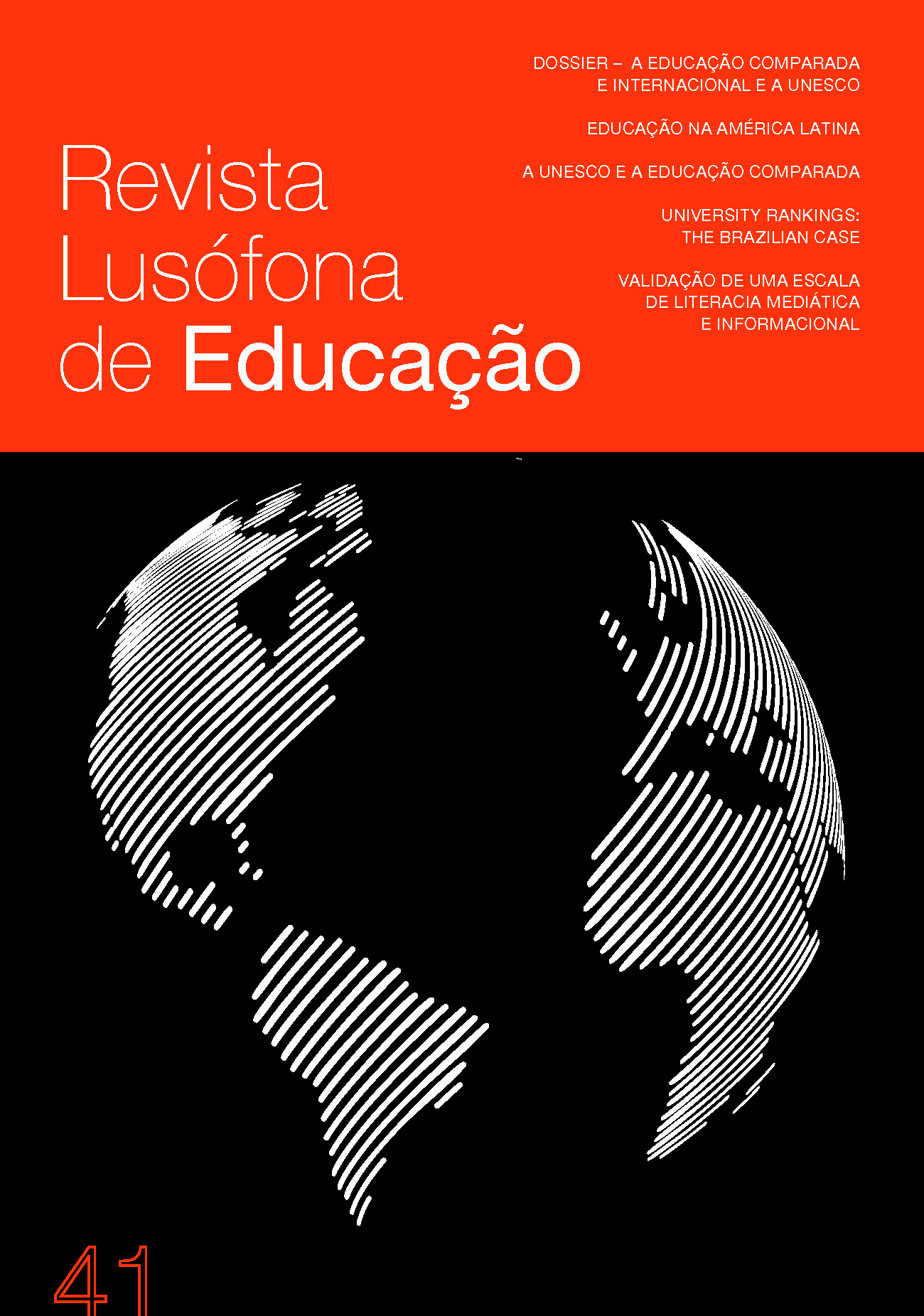Researching international schools: Challenges for comparative educational research
Resumen
For comparative educational research, the analysis of the field of international schools, from a global perspective, is a challenging area. In the last few decades, the number of international schools has increased worldwide, particularly in economically strong regions. Despite this the state of research remains generally modest, especially at the level of empirically consistent studies where a research deficit can be observed. Additionally, a shortage of analytical tools for researching international schools can be identified as this segment of education, determined by transnational phenomena, crosses over the national-states that are the traditional reference point of comparative educational research. In this contribution, firstly development tendencies such as the first appearance of the international school segment, influenced by international organisations such as Unesco, as well as their growth and diversification processes will be presented. Secondly, attention will be paid to the international state of research on international schools and research deficits will be shown. In the third part, there will be a reflection on the challenges of investigating international schools for comparative educational research.
Key words: international schools; transnational spaces of education; comparative educational research
Descargas
-
Los autores y las autoras conservan los derechos de autor, sin ningún tipo de remuneración, y conceden a la revista el derecho de primera publicación. La obra se publica simultáneamente bajo la Licencia Creative Commons Atribución 4.0 Internacional (CC BY 4.0), que permite a otros compartir (copiar y redistribuir el material en cualquier medio o formato) y adaptar (remezclar, transformar y crear a partir del material para cualquier propósito, incluso comercial), siempre que se reconozca la autoría y la publicación inicial en la RLE.
-
Los autores y las autoras están autorizados a celebrar contratos adicionales de manera separada para la distribución no exclusiva de la versión de la obra publicada en esta revista (por ejemplo, depositarla en un repositorio institucional o publicarla como capítulo de libro), siempre que se reconozca la autoría y la publicación inicial en la RLE.
-
Los autores y las autoras tienen permiso y son alentados/as a publicar y difundir su trabajo en línea (por ejemplo, en repositorios institucionales o en su página personal), ya que esto puede aumentar la visibilidad y la citación del trabajo publicado (véase El Efecto del Acceso Abierto).








